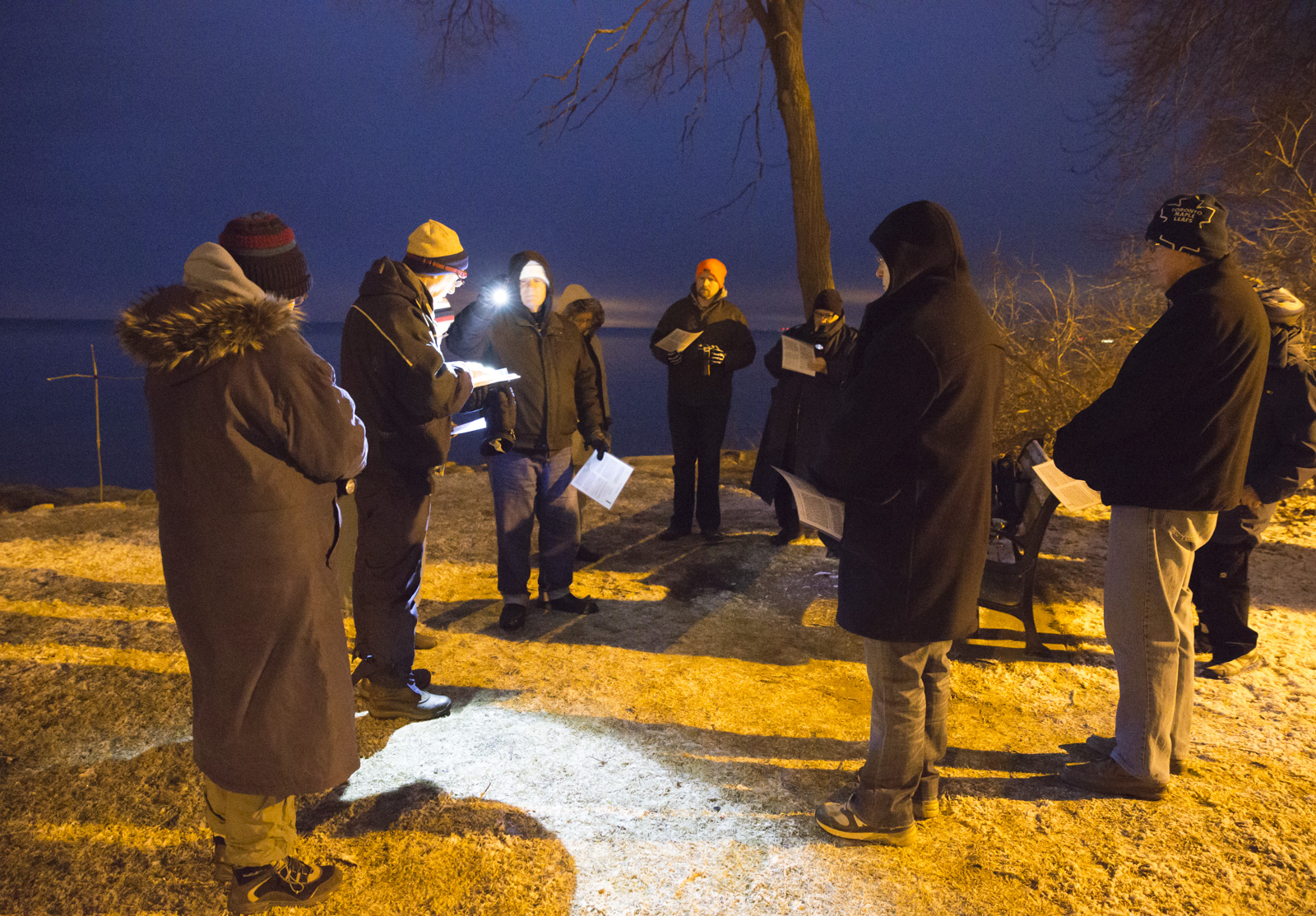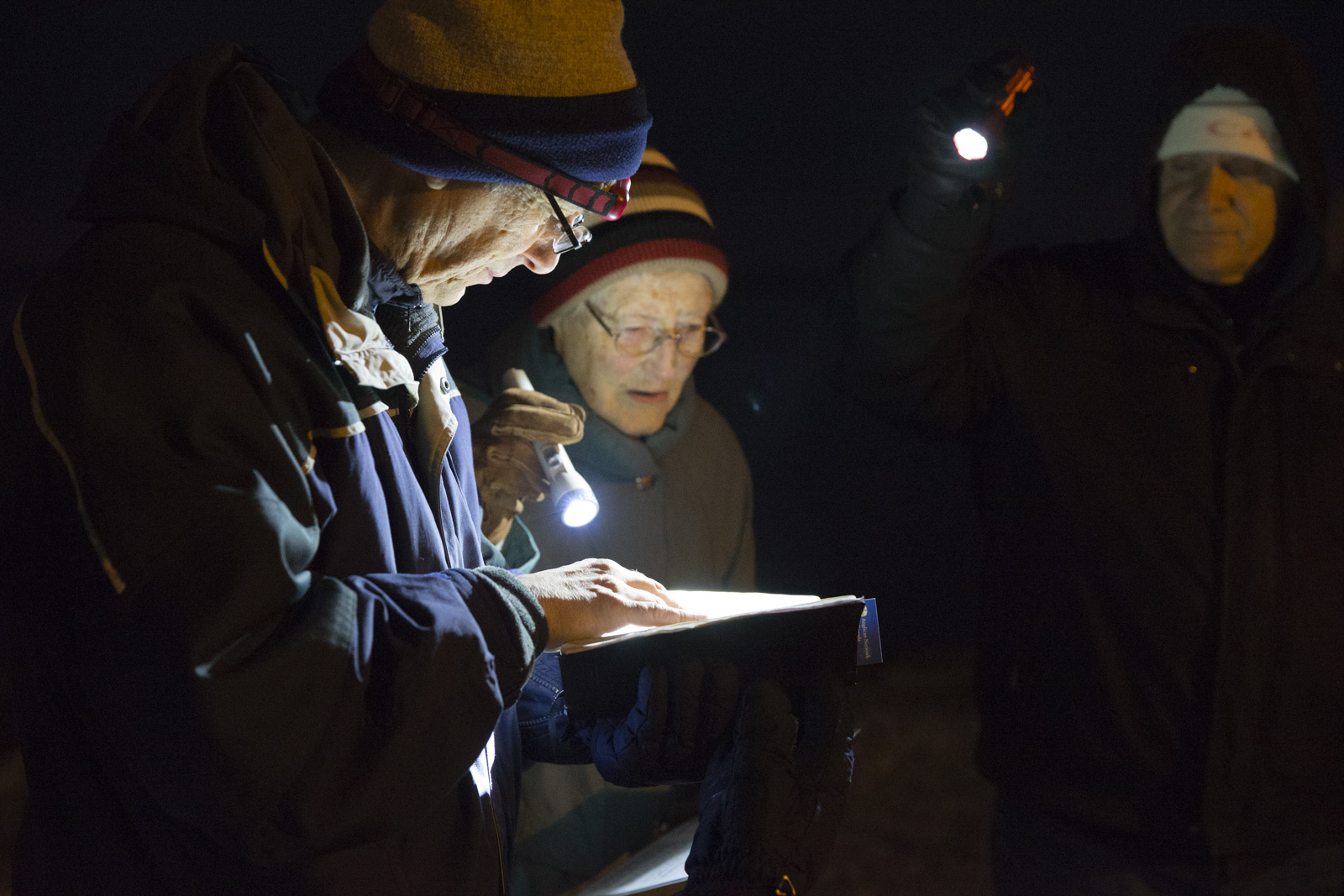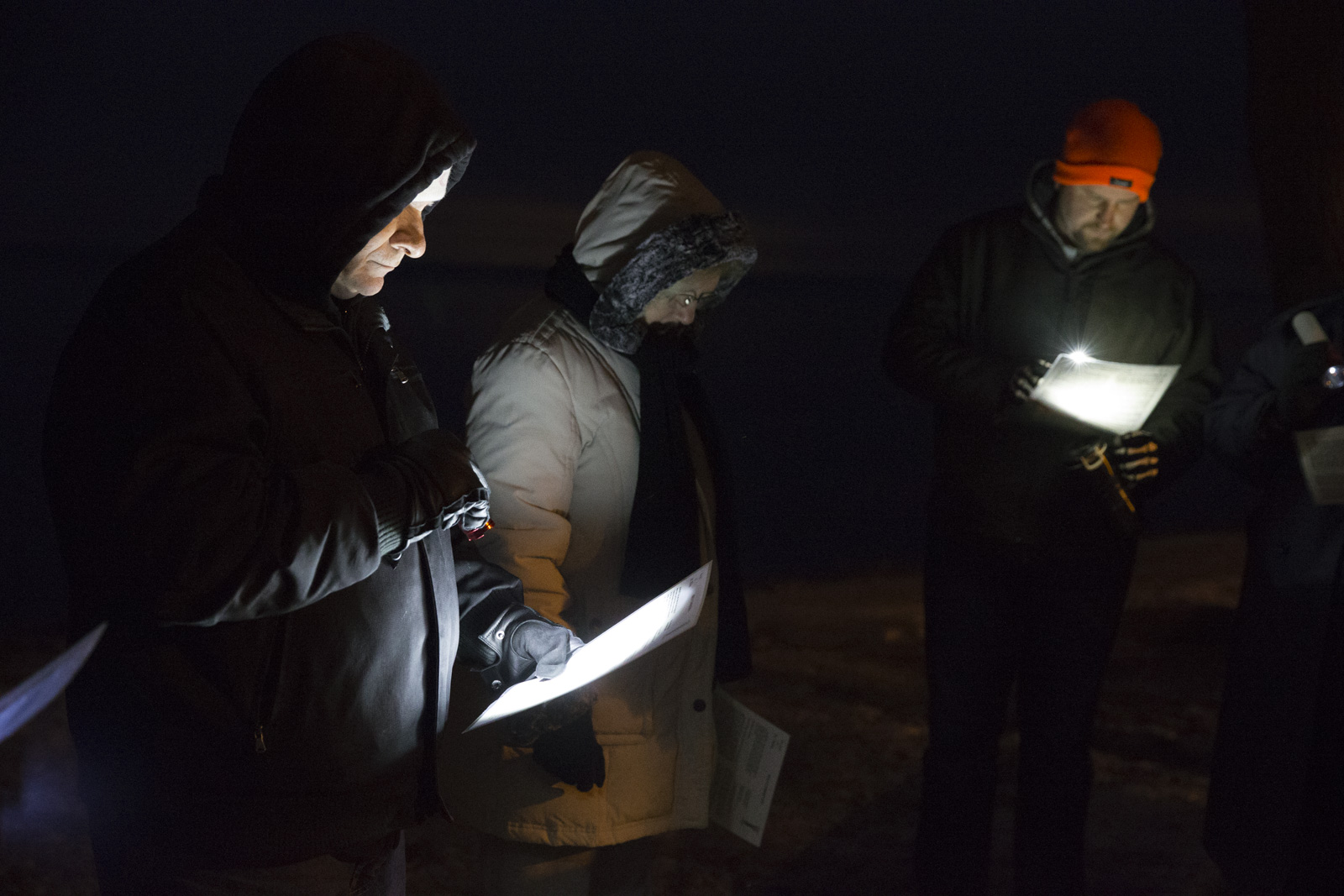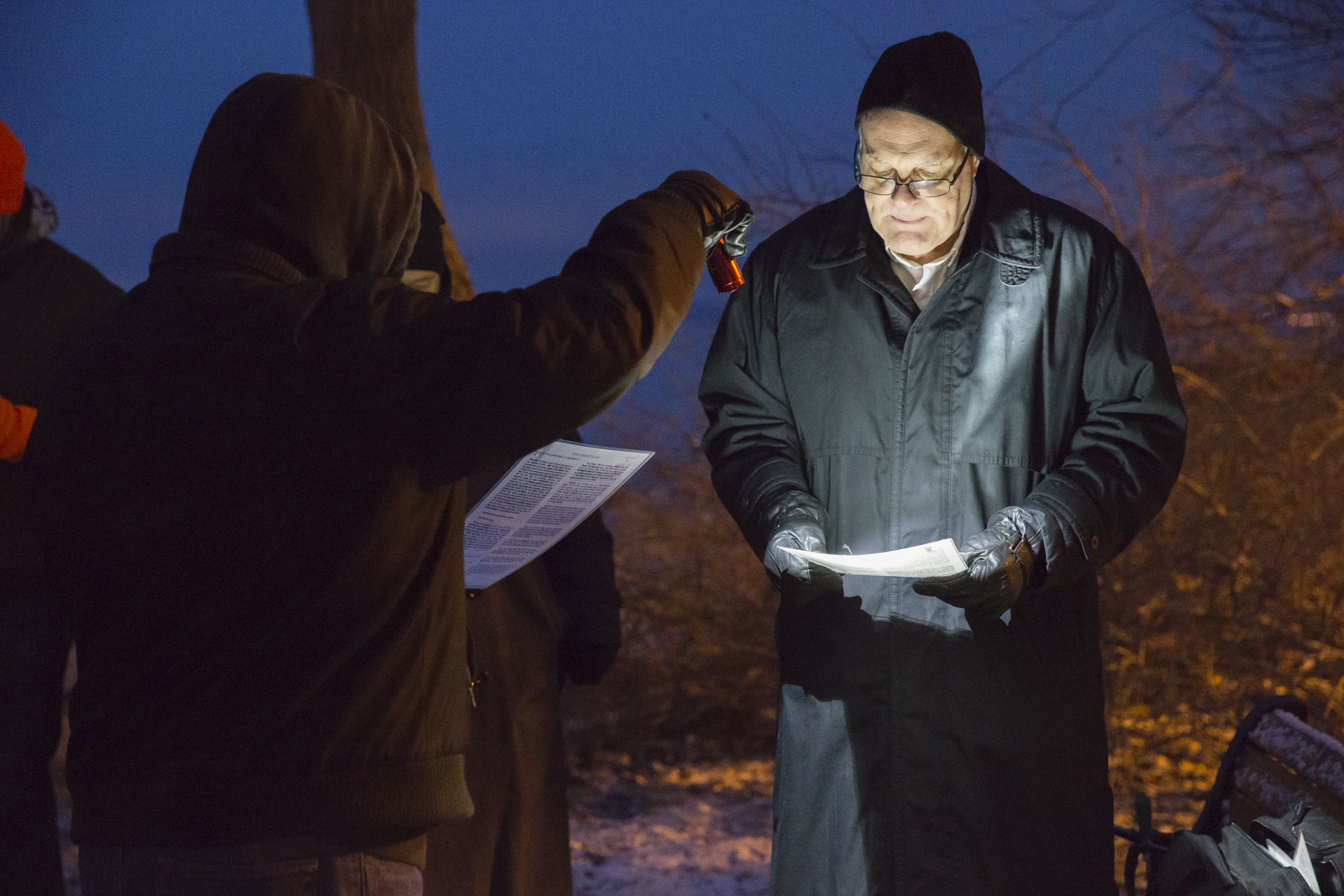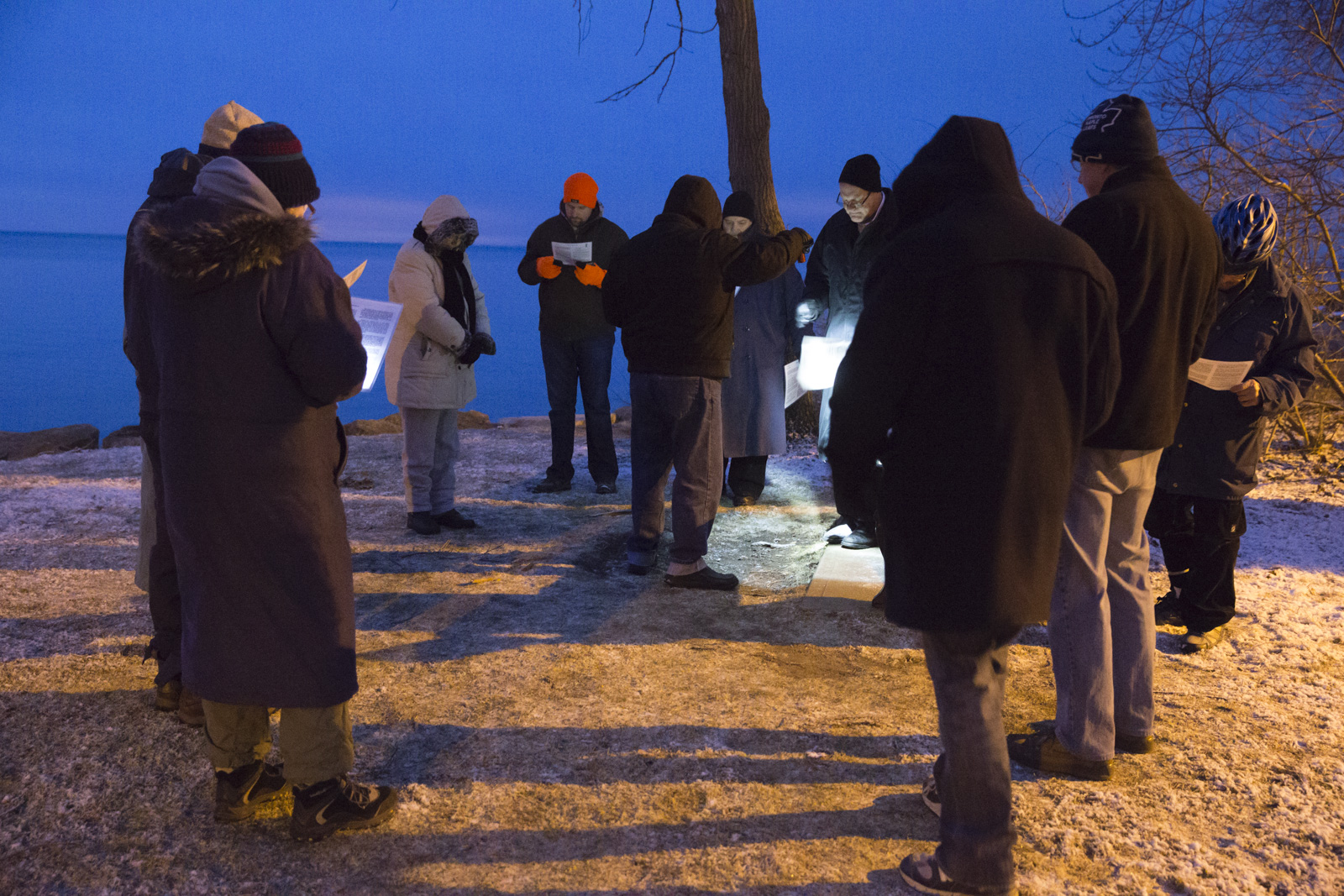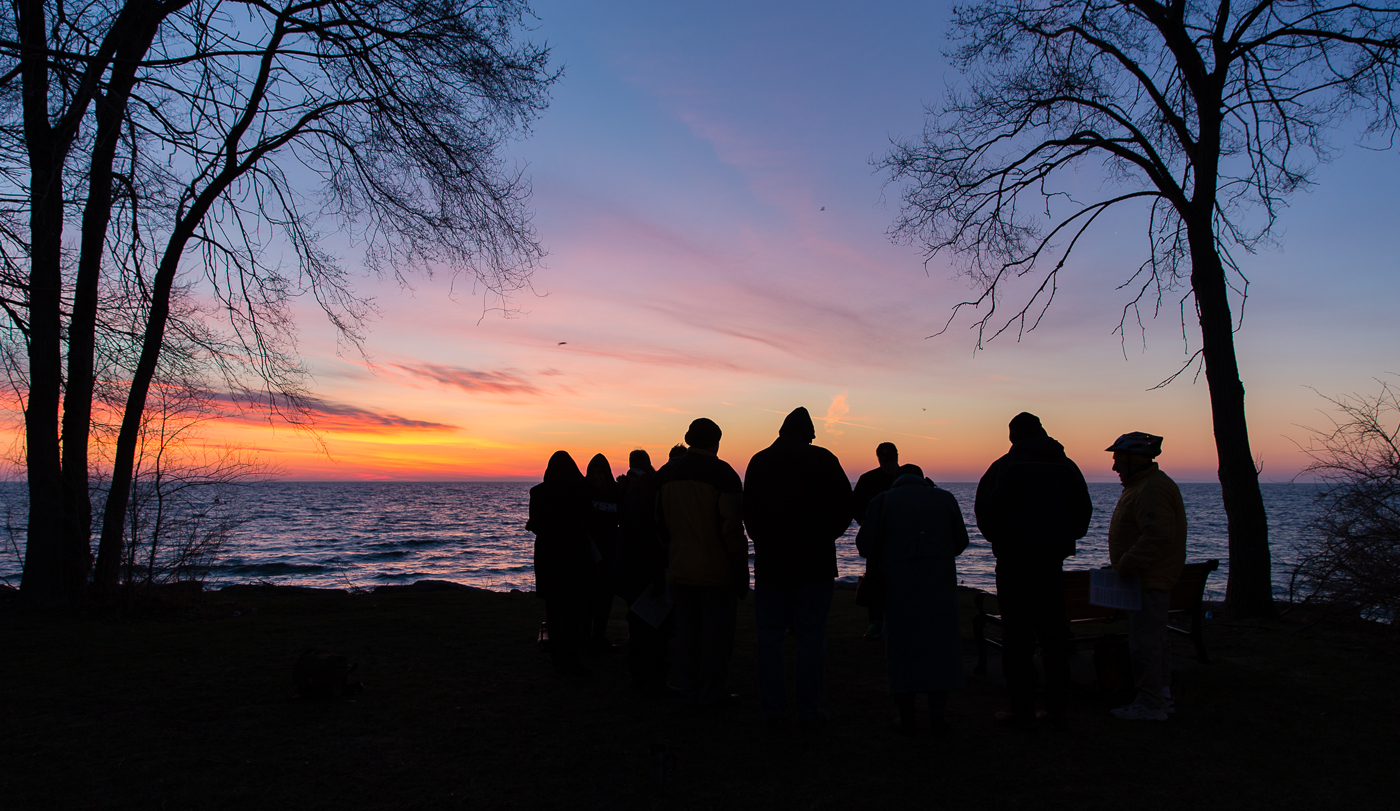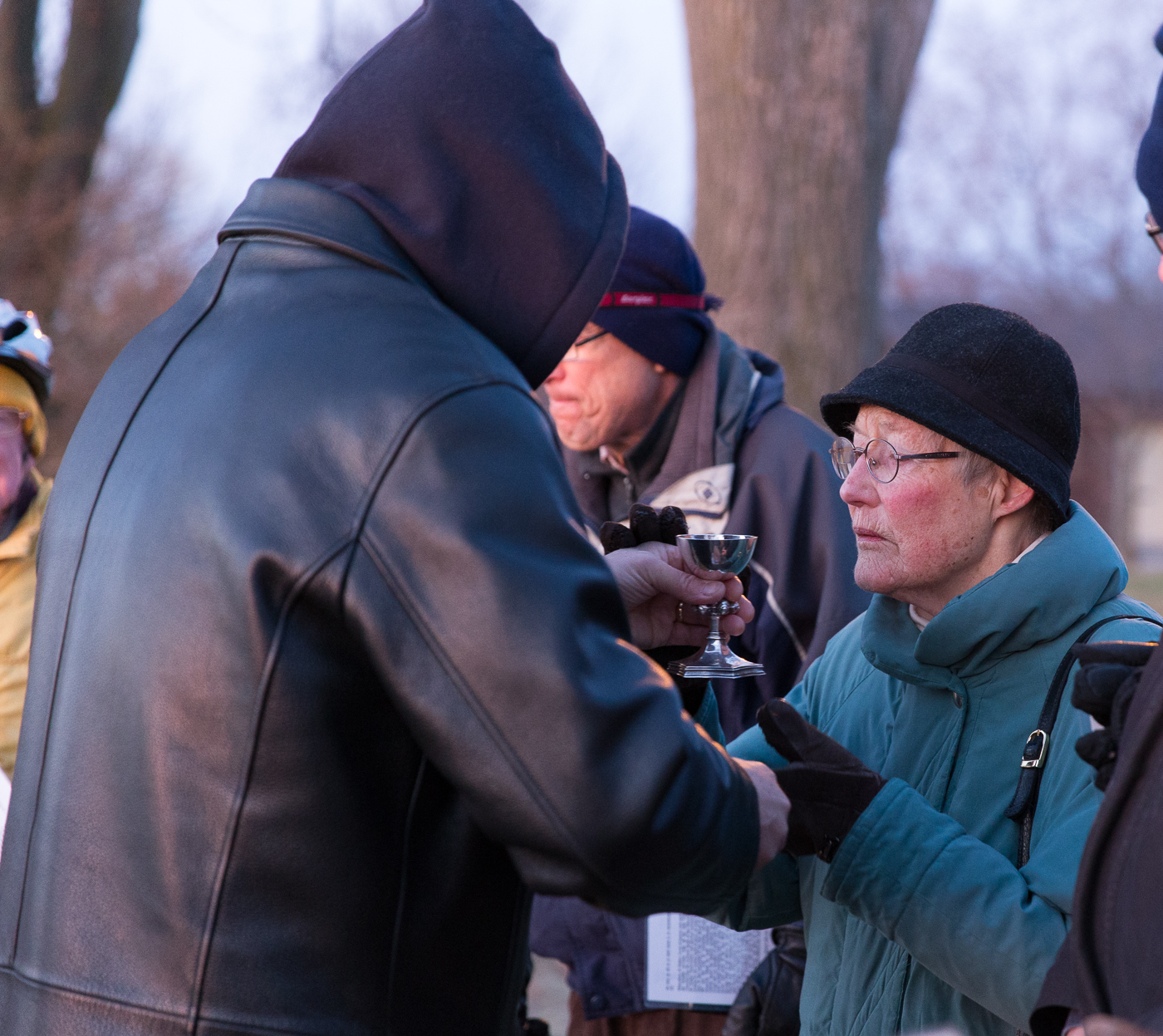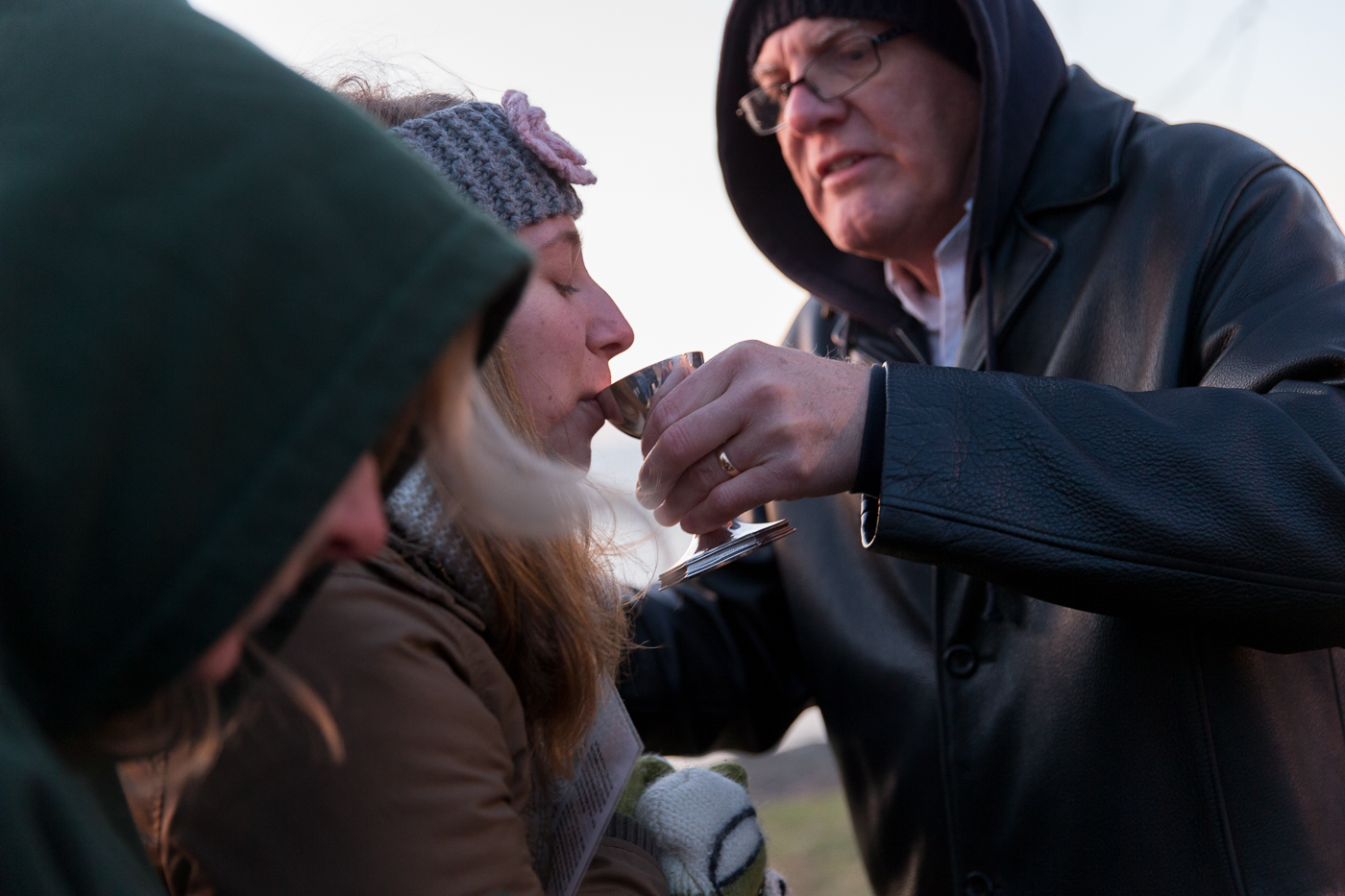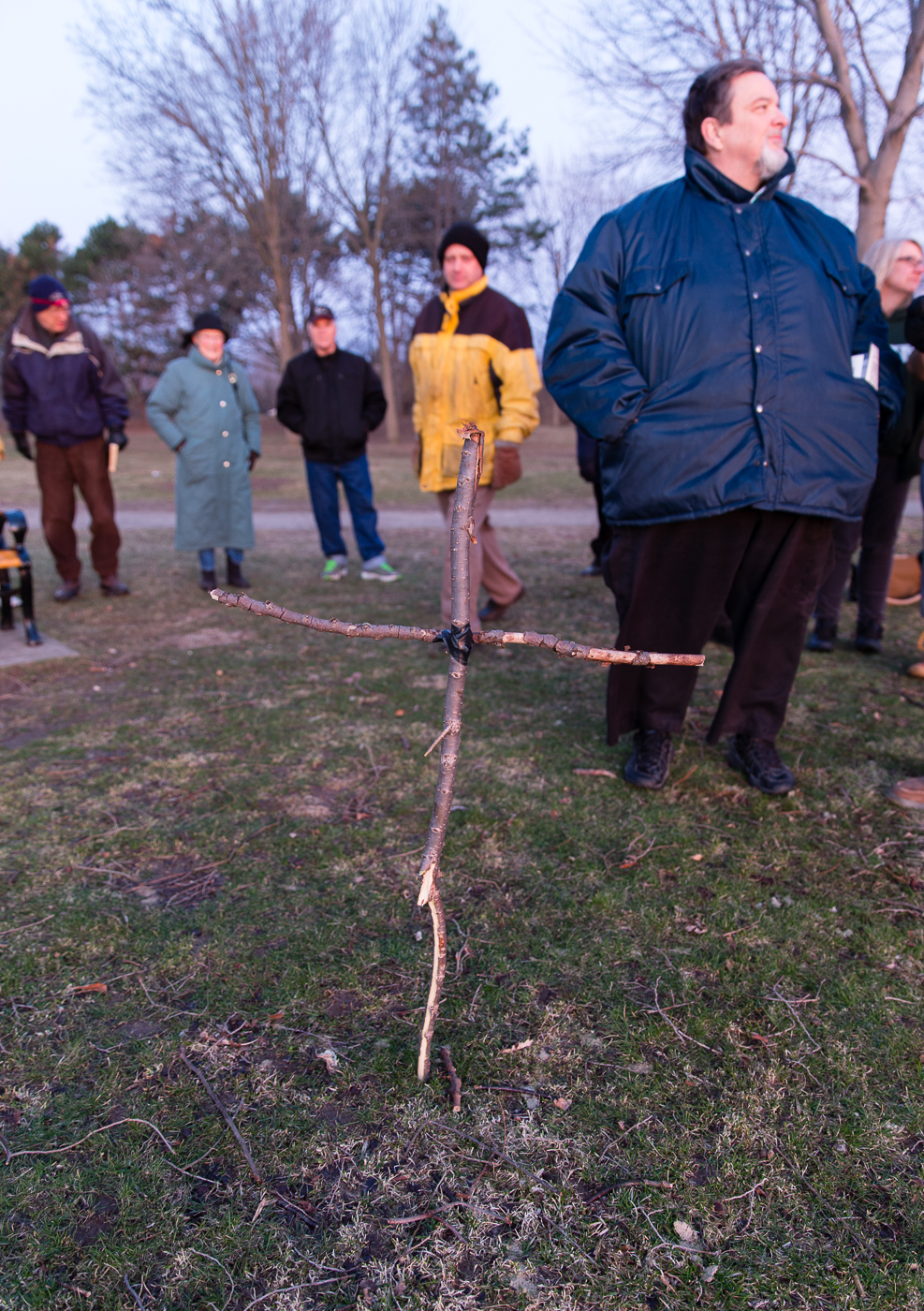All it requires is an Anglican archbishop.
Here is Archbishop Linda Nicholls taking a simple historical fact and miring it in mushy obfuscation.
This starts well but quickly descends in treacly vagueness:
The resurrection of Jesus Christ is the event that defines Christian faith. It is the unique event that affirms Jesus’s identity; and confirms, with power, all that Jesus taught about the love of God. It changes everything for the disciples, who must reframe all they expected through the lens that God is acting in life and even through death into new life. Without the resurrection, as St. Paul says in 1 Cor 15:13-14, 19, our faith is useless and we are to be pitied. With the resurrection we enter the lifegiving possibilities that God opens to us through Jesus Christ in every situation and moment of our lives. We share in the resurrection as the principle of God’s life in and through us.
[……..}
The gift of the resurrection of Jesus is the promise that—whether embraced slowly or quickly—the power of God’s love is stronger than the pain, sin and sorrows of what we see. Since Jesus lives, we will too, by entering into the reality that God is both with us now and waiting for us in the future, even if that future looks very different from what we have known in the past.
After emerging coughing from the fog of “entering into the reality that God is both with us now and waiting for us in the future, even if that future looks very different from what we have known in the past”, I consoled myself with the thought that I am a simple soul and, as such, merely cling to the hope that Jesus came back to life along with a real, improved body as evidence that he had overcome sin and death and reconciled us to the Father. Not only that, He a demonstrated that we, too, will rise from death with real bodies to join him. Just like it says in 1 Cor 15:13ff in the bits that Nicholls missed out.


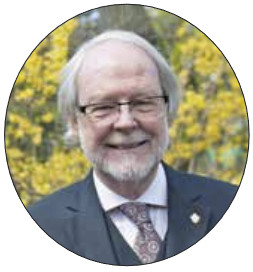 When I became an adult, I realized the Sunday School teacher had been right. A physical resuscitation of a human body is impossible. The heart will not accept what the brain rejects. What do we celebrate on Easter morning? Without insistence on physical resuscitation, our eyes are opened to see so much more. Understanding the political and religious contexts of the execution of Jesus by Rome, we see the injustice of the state and the courage of the Anointed One to speak Truth to Power. “What is Truth?” Pilate asked, unable or unwilling to see it plainly standing before him. Freed from a literal reading of the gospel accounts of a physical Resurrection, we see the growing enlightenment of the disciples and experience the deep symbolism of the Easter story. We become Resurrection people, enabled to confront injustice where we find it, to love our neighbours as ourselves, to clothe the naked, feed the hungry and befriend the stranger. No longer having to believe the Crucifixion as a propitiation for the sins of the whole world, we can rejoice in the Original Blessings of this life and the At-one-ment of the Indwelling Spirit. Love over and around us lies and we can tap into that source of strength as Jesus did to forgive seventy times seven, to begin anew when we err and to nourish abundant life for all creation. On Easter we can sing together, “Praise with elation, praise every morning, God’s recreation of the new day.” And we can greet one another, “Alleluia! Christ is Risen
When I became an adult, I realized the Sunday School teacher had been right. A physical resuscitation of a human body is impossible. The heart will not accept what the brain rejects. What do we celebrate on Easter morning? Without insistence on physical resuscitation, our eyes are opened to see so much more. Understanding the political and religious contexts of the execution of Jesus by Rome, we see the injustice of the state and the courage of the Anointed One to speak Truth to Power. “What is Truth?” Pilate asked, unable or unwilling to see it plainly standing before him. Freed from a literal reading of the gospel accounts of a physical Resurrection, we see the growing enlightenment of the disciples and experience the deep symbolism of the Easter story. We become Resurrection people, enabled to confront injustice where we find it, to love our neighbours as ourselves, to clothe the naked, feed the hungry and befriend the stranger. No longer having to believe the Crucifixion as a propitiation for the sins of the whole world, we can rejoice in the Original Blessings of this life and the At-one-ment of the Indwelling Spirit. Love over and around us lies and we can tap into that source of strength as Jesus did to forgive seventy times seven, to begin anew when we err and to nourish abundant life for all creation. On Easter we can sing together, “Praise with elation, praise every morning, God’s recreation of the new day.” And we can greet one another, “Alleluia! Christ is Risen